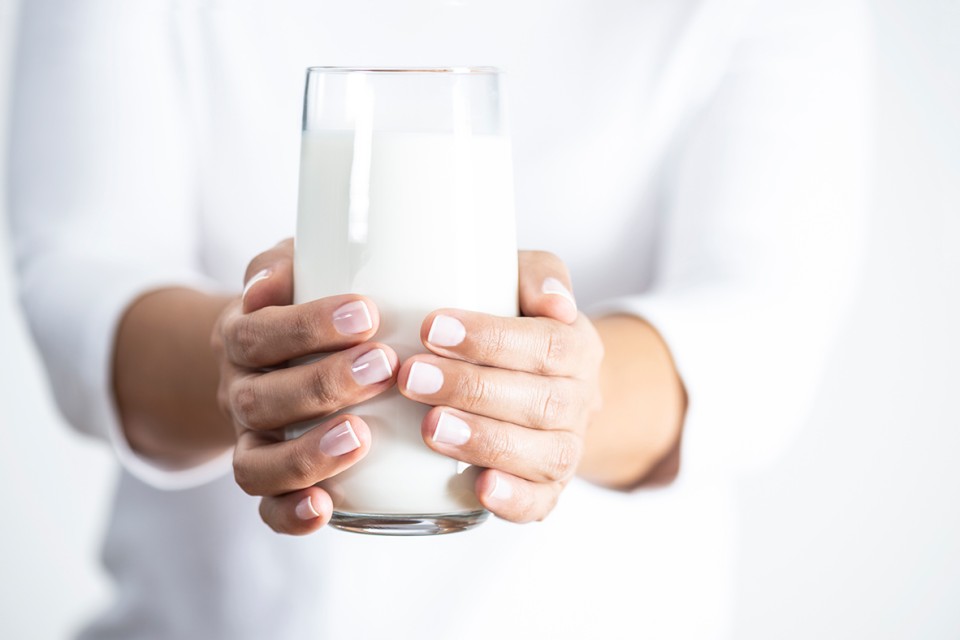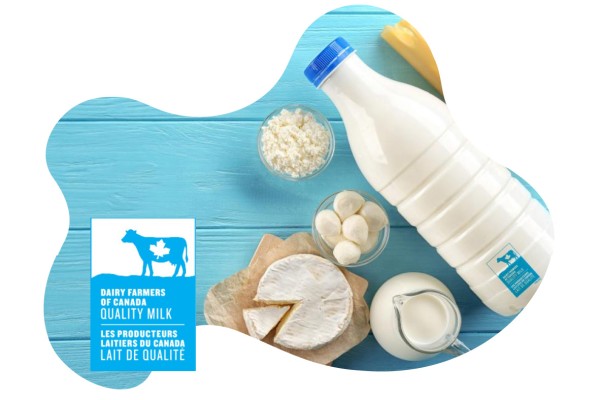In addition to being fortified with vitamin D, milk is also a natural source of 14 essential nutrients. Whether it is skim, 1%, 2%, homogenized or powdered, milk provides basically the same nutritious elements. However, the fat content changes. As well, milk contains about 90% water, making it an effective thirst quencher.
Here’s a brief look at what milk contains:
Protein: Helps build and repair body tissues, including muscles and bones, and plays a role in the creation of antibodies which fight infection.
Vitamin A: Aids bone and tooth development. Also aids in the maintenance of night vision and healthy skin.
Vitamin B12: Aids in red blood cell formation.
Vitamin B6: Factor in the conversion of food into energy and tissue formation, including bones.
Riboflavin: Factor in the conversion of food into energy and tissue formation.
Niacin: Aids in normal growth, and is a factor in the conversion of food into energy and tissue formation, including bones.
Thiamine: Releases energy from carbohydrate and aids normal growth.
Pantothenic acid: Factor in the conversion of food into energy and tissue formation, including bones.
Vitamin D: Enhances calcium and phosphorus absorption, on which strong bones and teeth depend.
Calcium: Aids in the formation and maintenance of strong bones and healthy teeth.
Magnesium: Factor in bone and teeth health, conversion of food into energy and tissue formation.
Phosphorus: Factor in the formation and maintenance of strong bones and healthy teeth.
Potassium: Aids in the correct functioning of nerves and muscles.
Zinc: Factor in tissue formation, including bones, and conversion of food into energy.
Selenium: Factor in the correct functioning of the immune system, due to its antioxidant effect.









